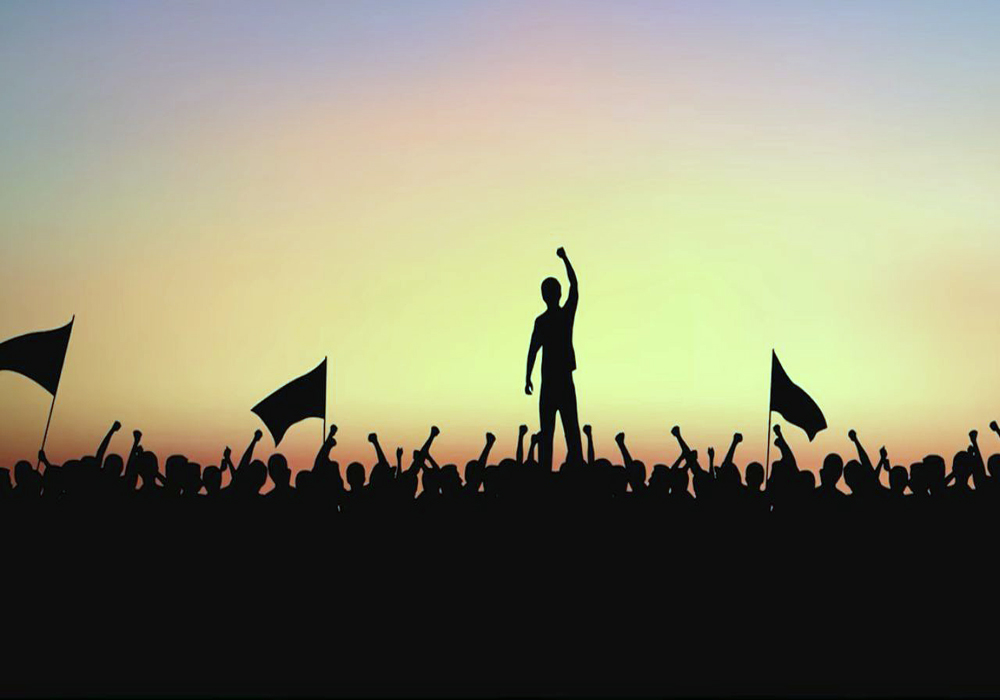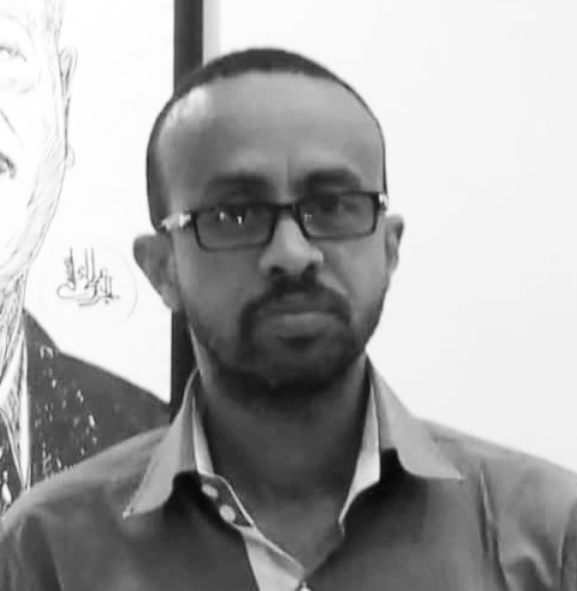
Combating Hate Speech and Freedom of Opinion and Expression: Reforming the Conceptual Framework
Khaled Massa
When the international community, through its specialized organizations and their measurement indicators, realized the danger of the growing hate speech and incitement based on gender, race, religion, and all forms of discrimination, the United Nations High Commissioner for Human Rights called for experts and specialists in 2011 to discuss the matter in workshops.
These discussions culminated in the ratification of an Action Plan at the conference held in the Moroccan capital Rabat, later known as the Rabat Action Plan to Combat Hate Speech 2012. This plan generally agreed that the shifts that occurred in the fabric of societies and their interactions have resulted in many unfortunate events worldwide. It was also agreed that all human rights mentioned in international texts and treaties are full and indivisible rights.
However, the international community needed to reflect extensively on defining the conceptual boundaries between two important issues for international peace and security, in general, and human rights, in particular, namely, ensuring freedom of expression and combating hate speech. There is no willingness on the part of the international community to retreat from what has been achieved in the protection of freedom of expression as a fundamental and natural right, even under the pretext of combating hate speech, which some countries and governments wanted to use as a pretext to threaten the assurance of this fundamental right.
The Sudanese case is not far from the description of this conceptual confusion, as many believe that the state of war and emergency legitimizes explicit and implicit hate speech, under the pretexts of dignity, patriotism, and democracy, and also gives the right to reduce the spaces of freedom of opinion and expression and monopolize them for a single opinion.
In the Sudanese case, the confusion arises first due to the lack of awareness and understanding of what hate speech fundamentally is and defining it clearly, let alone establishing the legal frameworks that make it a crime punishable by law, and the society setting a value framework that raises sensitivity towards it. This is considering that hate speech is explicit incitement based on the belittlement or deprivation of rights of individuals or groups based on race, gender, color, religion, or even political stance.
There is no reason in the Sudanese case to regress from what we have reached in issues of freedom of opinion and expression and its limitations and narrow spaces due to war or any other emergency reasons.
Combating hate speech and preserving the spaces of freedom of opinion and expression are essential battles for the civilian faction that believes in rights awareness and is committed to the texts and the emphasis on it in the international charter, which is consistent with the values of religion and ethics. Therefore, it will not be acceptable for war to become the key to regressing from combating the former and narrowing what has been achieved in the latter.
In the Sudanese case, we must reform the mindset that says that combating hate speech and freedom of expression are intersecting concepts and that they cannot have the same value goals, and that the solution is to retreat from them for the sake of the general public discourse created by the war.
Freedom of opinion and expression opens the door for smooth discussions between the religious, cultural, and political components of society, making dialogue a path to get to know and accept the other. Thus, it is a tool for development and growth in societies and not a means to diminish the worth of others and violate the rights of minorities by using the language and tools of war.
The impossible apostasy, a slogan produced by the Sudanese revolutionary street, is not only about the unwillingness to return the old political system and its symbols and facades but also about adhering to what has been achieved with slogans like You racist and arrogant, all the country is Darfur, and increasing the spaces of opinion and expression that build and develop, unlike the tools of language of war and hatred.
We must confront and stand against any perception or definition that freedom of opinion and expression means an absolute license to infringe on the rights guaranteed to others. And that preserving the right to opinion and expression grants individuals or groups immunity from accountability for violating the rights of others. And that it is an absolute right, even if it reaches the limits of incitement and encouragement to hatred and violence.
Combating hate speech and incitement to violence against others and preserving the spaces of freedom of opinion and expression are not two interchangeable commodities in the market of war and its blind trade, but they are two intertwined lines that achieve common goals advocated by the international community in the International Declaration of Human Rights and in all regional treaties.


